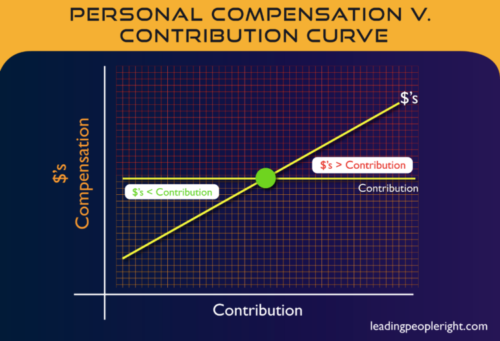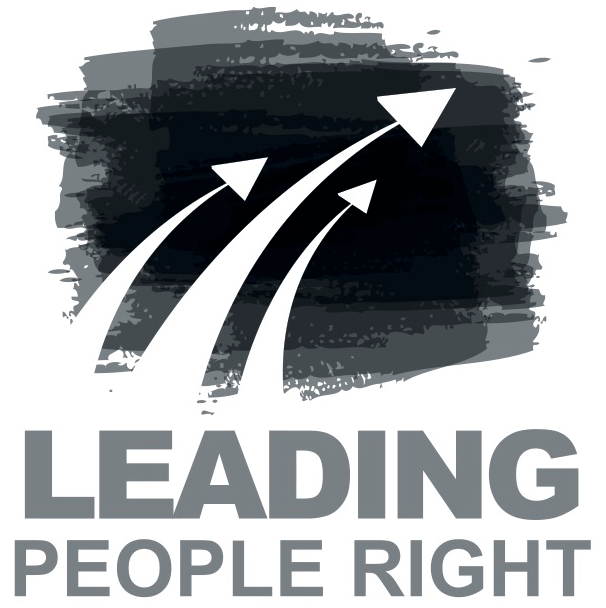You are head down building your career. While you are grinding, slow erosion of relationships, influence, and reputation can occur unintentionally. This creates vulnerability. Take stock of where you stand by reviewing the more nuanced elements that come into play.
Many people don’t see signals their career is in jeopardy at all or until it is too late. A retrospective look often reveals a combination of subtleties and more noticeable road signs encountered over time.
Obvious blow ups are easy to spot. Careers derailments rarely result from big bangs. Instead, it is a slow erosion of relationships, influence, and reputation that creates vulnerability.
Careers are a little like a beach front. They can erode slowly. You notice erosion on the beachfront when you visit after a long absence. You don’t see the impact day to day or even week to week. Similarly, with careers, it’s difficult to see the impact of real-time small nicks and setbacks on your professional standing.
You combat career “erosion” with a periodic gut check.
How To Assess If Your Career Is In Jeopardy
It’s helpful to think about your position in an organization through 4 filters.
These filters are:
- Your performance and contributions over time
- Connections you have within and across the organization
- Your direct manager
- The organization itself – health and trajectory
Someday there may be an algorithm to tell us – if you see these three signs followed by these four, you are in trouble (or okay). Today this doesn’t exist. Admittedly, I don’t come offering one.
Instead, this review is intended to help you think it all through with a simple framework. Also, this isn’t the standard “you are about to be fired if…” list. The questions here aim at the more nuanced elements of what impacts reputation and influence and ultimately your career.
Finally, these reflections rely on a highly self-aware look in the mirror. You need to push yourself. If it helps to engage a mentor or coach in the process, by all means, do this.

1. Your Performance
There are a host of things to consider about performance and your progress. Consider these items
- Responsibilities – Are they all over the board vs. one distinct role? Do you contribute to critical priorities of the company?
- Career path – Do you know what’s next (or possible)? Are you confident there is a future role in the company? Or have you reached a final career stop?
- Role changes and progression – Every organization has a hierarchy of functions with power. Are you moving to jobs with more or less influence? In your current role has your span of control been altered or reduced?
- Talent management – Are you able to attract and retain leading talent? Are you a person people want to work for – and would move to do so?
- Personal development – Are you developing new skills and gaining different experiences? Is there a part of your current responsibilities that make you uncomfortable? If you are in the same job, how are you developing and increasing the value you add? Note: The idea that you’ll do the same thing for as long as you want is unrealistic. And today, a long time isn’t very long. You need to be learning and re-inventing yourself.
- Compensation – Is your salary higher than your perceived contribution? When compensation outpaces value-add according to your boss and the organization, you have a problem. This ties back to development and re-invention. If that isn’t happening compensation > contribution is almost inevitable. Note: This can happen later in careers but can occur with shifts in roles/responsibilities. Contribution versus compensations is critical to gauge whether your job is in jeopardy.
Related: Why The Best Leaders Empty Their Cup First
1 (b). Your Personality
The Harvard Business Review article Could You Personality Derail Your Career explains 11 “dark side” traits. Most people have 3 of them. Over 40% of the 1 million people they surveyed score high enough on 1 or 2 to derail them (even though they have been successful). They explain:
Worryingly, leaders tend to do a poor job of evaluating their own dark sides, particularly as they gain power and move up the ranks. Some perceive their career advancement as an endorsement or encouragement of their bad habits. Eventually, however, those weaknesses may derail them, and perhaps their teams and organizations, too.
If you haven’t spent time (ever or recently) thinking about your derailers, it’s worth a pause. We all have them. The HBR piece is a helpful doorway.
2. The World Around You Can Reveal If Your Career Is In Jeopardy
An organization reflects back your effectiveness and reputation. Here are relationship & environmental elements to consider:
- People who work for you – The people that work for you have the most significant influence on your success in the long run. Are the people working for you trending happy or unhappy? Who are they vocal with and about what? If employees tied to revenue (sales, products, clients) aren’t supportive, you have a real problem. If you do nothing else, get to the bottom of this.
- Other influencing senior leaders – Leaders who don’t support you are a potential problem. Decision-related conversations (promote, fire, pay) happen when you aren’t in the room. Is there a senior leader who bristles or actively dissents when it comes to you? If so, figure out why.
- Network – Is your internal and external network expanding in size and diversity? Do you know more people including someone with a different point of view, than you did six months ago? Your network needs nurturing to maintain and investment to grow.
- In sync – Every organization has an active current and tone. Are you in tune? If not, how far out? For example, are you playing it safe or a total radical in contrast with an environment in search of the opposite? As senior leaders drive change, they know who is with them and who isn’t.
- Influence/buy-in – Is your ability to influence and get buy-in continuing to grow? If it’s not increasing, it’s likely waning.
- Past/future or problem/solution – Are you regarded as part of the future or part of the past; part of the problem or part of the solution?
Related: 9 Things People Do If They Want You To Be Successful As A Leader
3. Your Boss As A Reflection Of Your Current State
The relationship with your direct manager is a crucial one. Most critical to keep a pulse on is how is it evolving:
- Relationship growth – Are you learning more about your boss and is he/she seeking to learn more about you? As with all relationships, if they aren’t progressing, they will atrophy.
- Time – Are you spending more or less time with your boss? Do you understand what’s driving any change?
- The depth of communication – Does he/she ask for advice or guidance when they need it most?
- Value-add – What problems is your boss calling you to – business critical, his/her priorities? If you aren’t part of the team helping to action your boss’s agenda, your value is waning.

4. Health And Trajectory Of The Organization
What’s going on with the organization is the most visible set of influences. They include:
- Obvious ones like layoffs, mergers, acquisitions, expense issues.
- Less visible but still highly relevant influences are the extent and rate of disruption by new entrants or technologies. Understanding the dynamic in your industry and company is essential.
Whether the influences are more or less visible, companies will often change the structure, strategy, leadership teams and staffing in response. Each has downstream effects on individual careers.
Now What
Circling one, two, three as an issue doesn’t mean your career is in jeopardy. However, a miss could indicate an opportunity for you to tack differently. Most importantly, a combination of these nuanced concerns and one of the more typical signs could mean trouble real or potential.
You have to read the energy in the ecosystem – Liz Ryan (Forbes)
Taking stock gives you a chance to think about what, if any next steps are necessary. Like the identification, there is no algorithm to tell you exactly what to do next. I suggest you pull the same threads that revealed concerns. If you are losing ground somewhere, how do you find your back thoughtfully?
Final thought: I like a proper process more than most. I also know there is no substitute for gut instinct. My advice, don’t drive by any flashing yellow lights of your intuition. Stop, evaluate and proceed with caution. But by all means, proceed.
I hope this is useful for you. Best of luck as you navigate.
Question: What would you add to this list of more nuanced signs your career is in jeopardy?
For a printable PDF of this post, click here.



You also need to access your relationships with corporate administration. A change in management could have adverse implications on your employment dispite solid work preformance.
Hi Nick, spot on. Change creates motion and even upset. It certainly tests the breadth and depth of relationships within an organization. Hope you are well?!